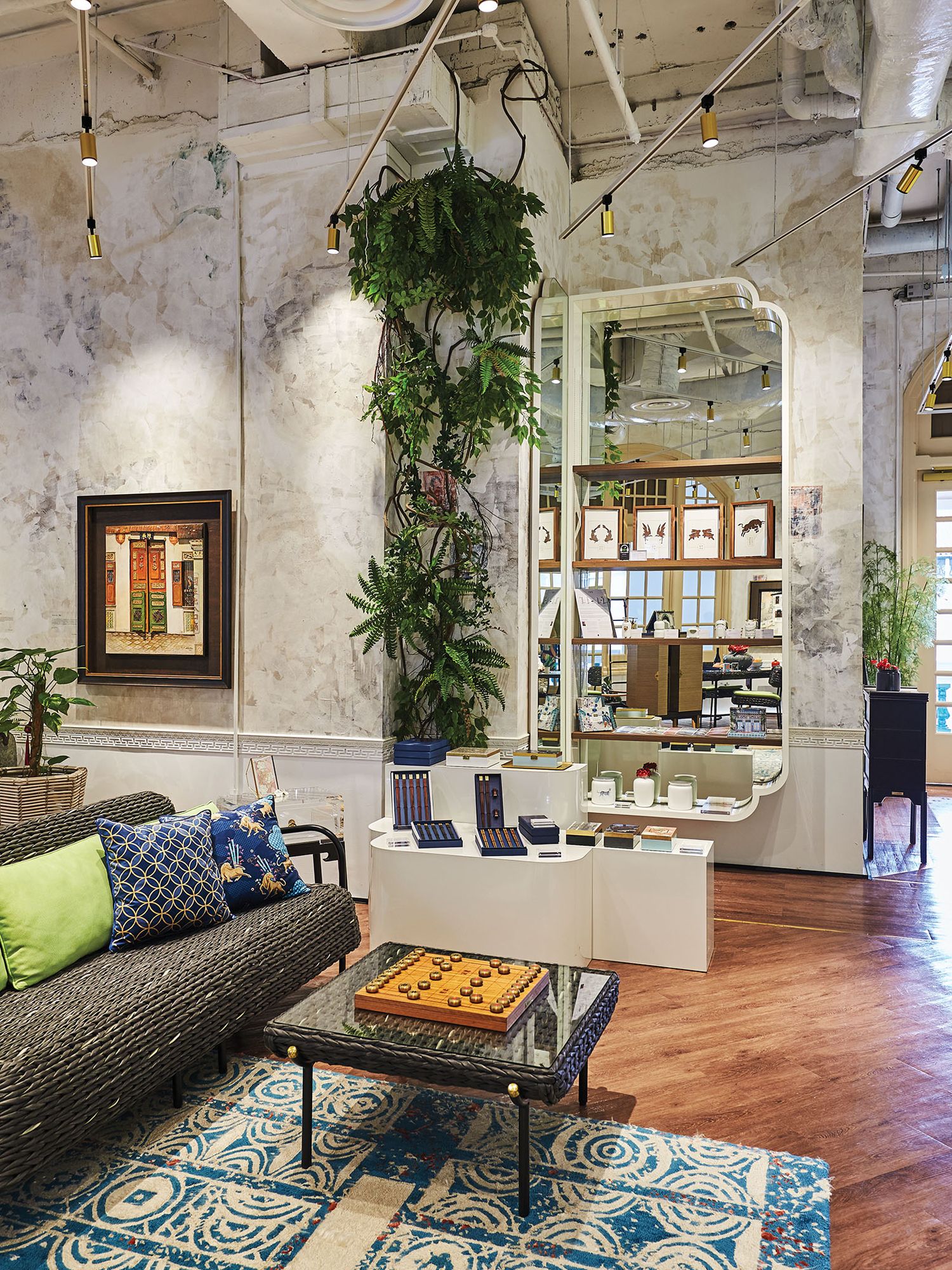In the second of a three-part series on local furniture firms championing their Asian roots, Pamela Ting and Jessica Wong from Scene Shang share how the brand blends cross-cultural elements to create designs for contemporary spaces
The journey to being an entrepreneur is never a straightforward one. For Pamela Ting and Jessica Wong, the long-time friends and founders of homegrown brand Scene Shang, the seed of their business idea began during their internships in Shanghai and eventually came to life upon their return to Singapore.
In 2013 they established Scene Shang, a design brand that marries “traditional craftsmanship with modern functionality”. One of their early success stories is the Shang System—a concept that revolves around stacking the Deng stool, He box drawer and Pan tray—which won a special commendation at the President’s Design Award in 2014.
See also: How a Minimalist Local Furniture Brand Combines Its Asian and European Influences

The customisable aspect was a hit: buyers decide on how many drawers, choose from a range of fun colours, and can easily move the piece so much so it easily adapts to their lifestyle and space. Recently, Scene Shang developed the award-winning Xuan table, which functions as a mah-jong table and can be converted into a console. This transformable aspect is a hallmark of many of its pieces.


